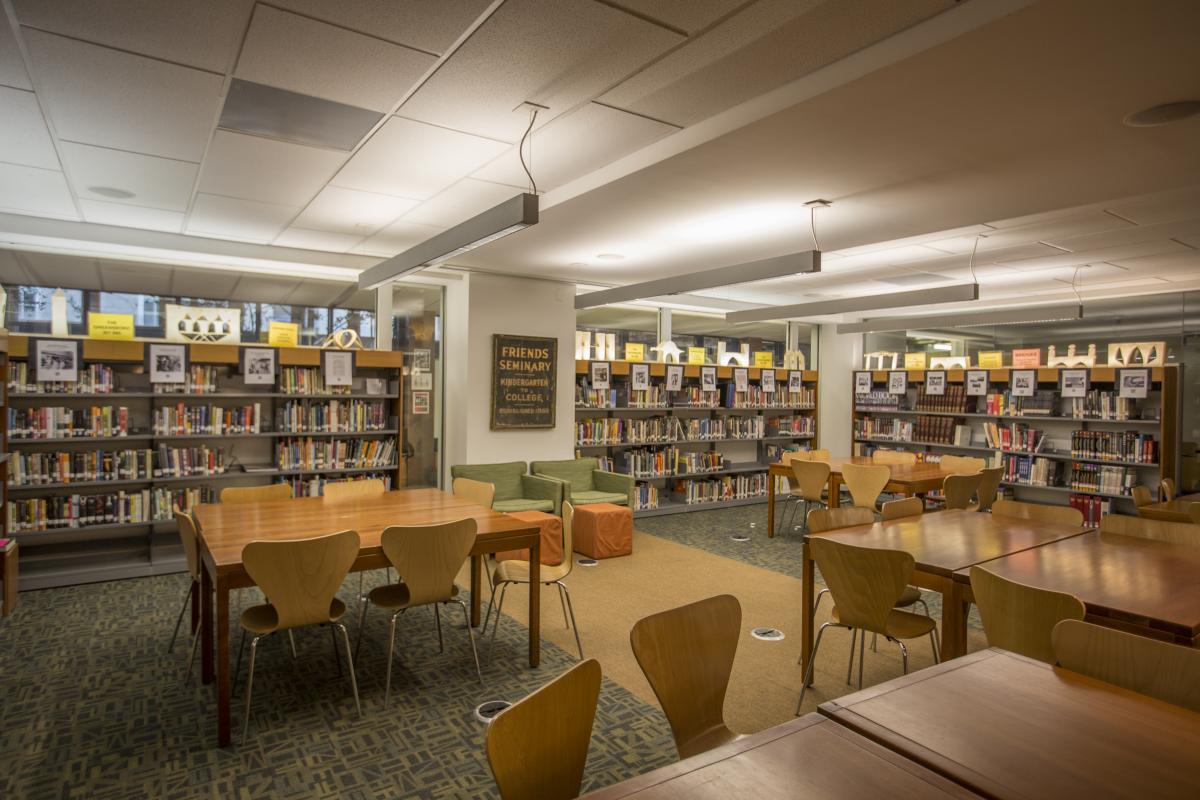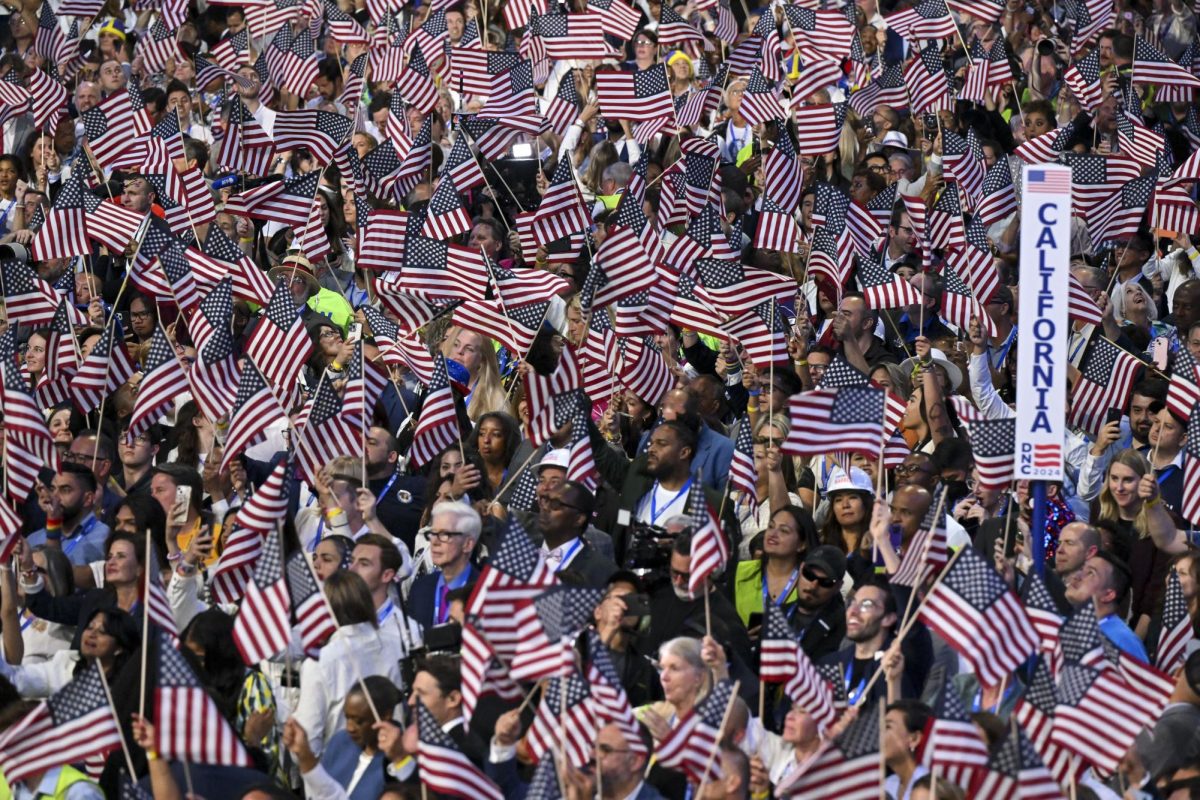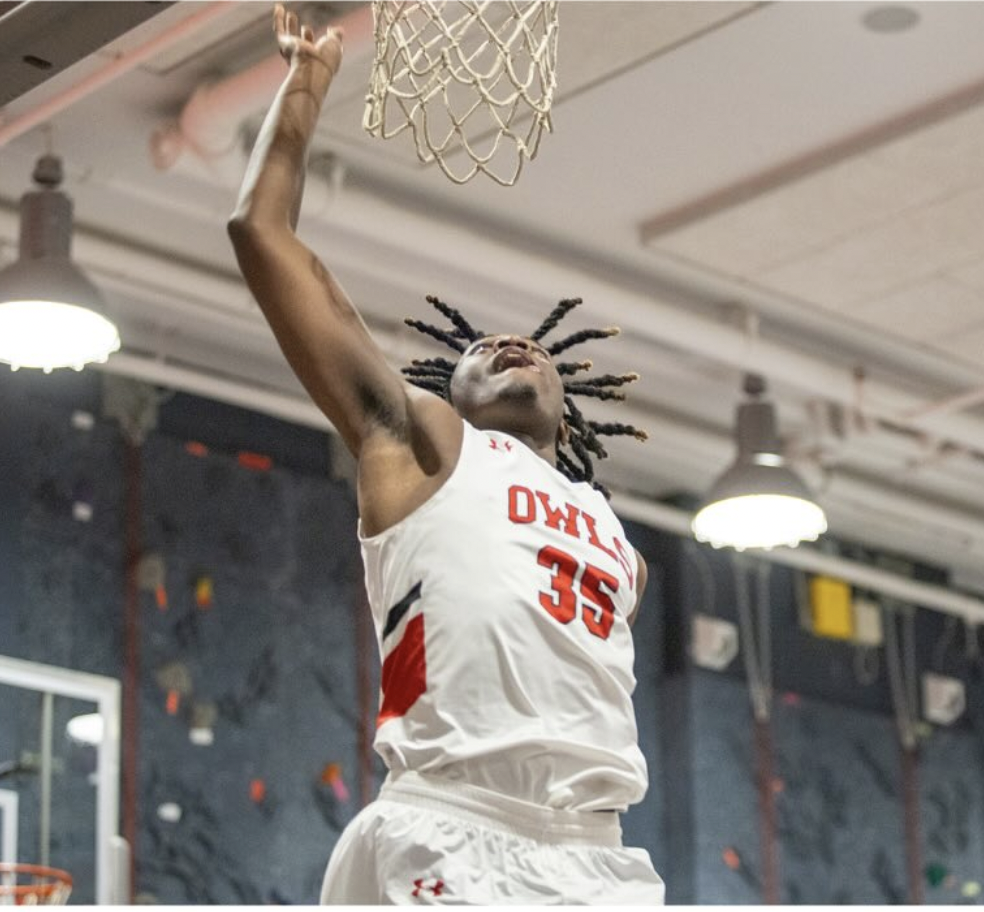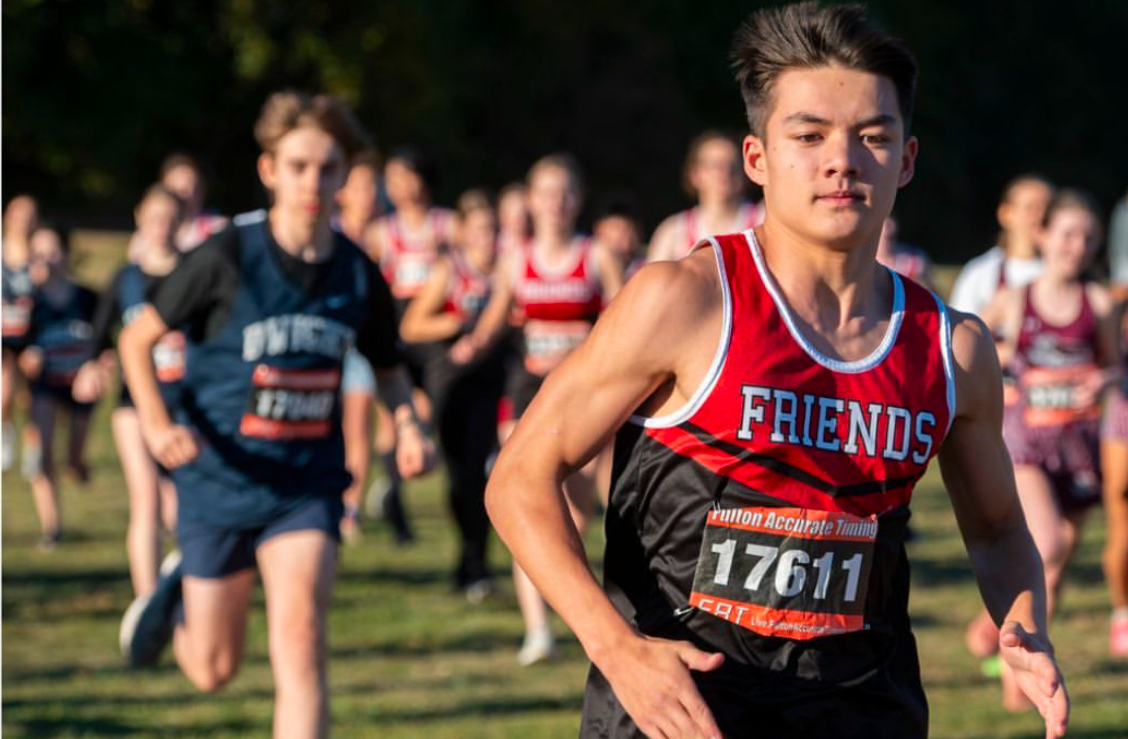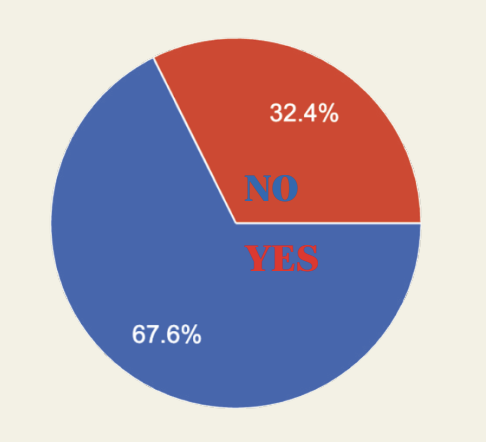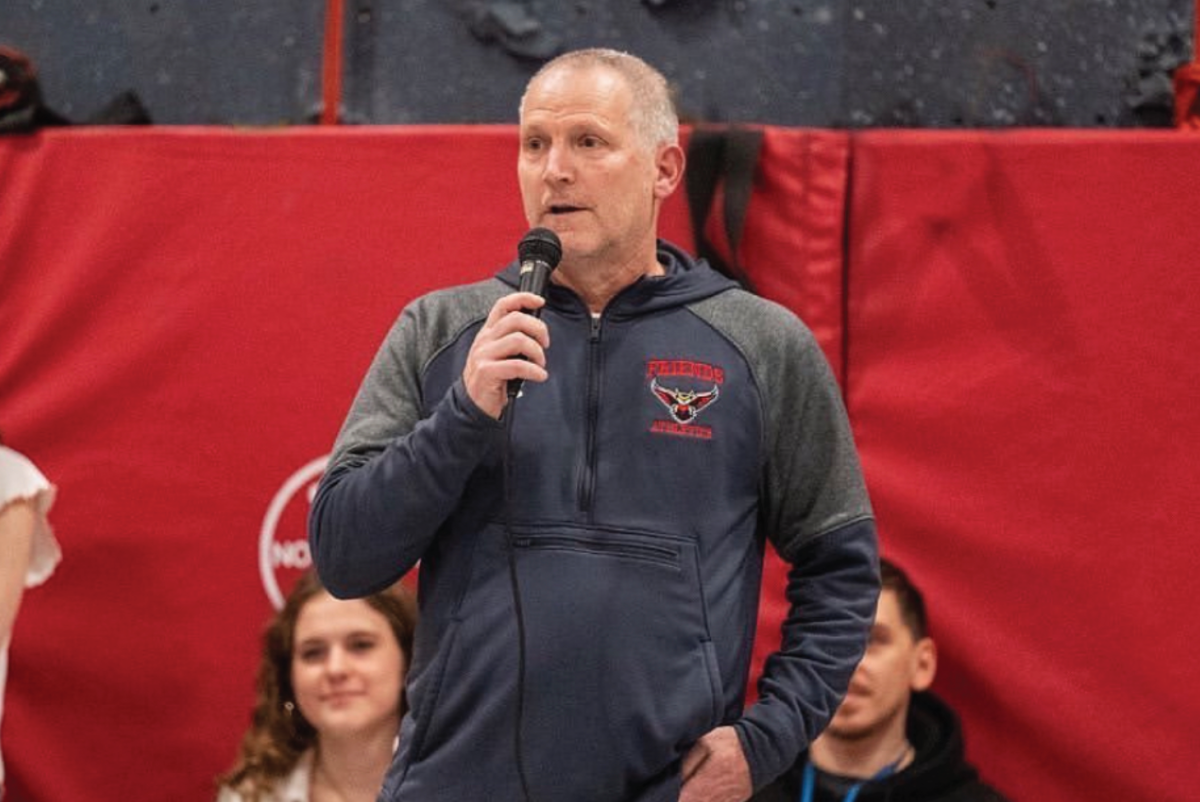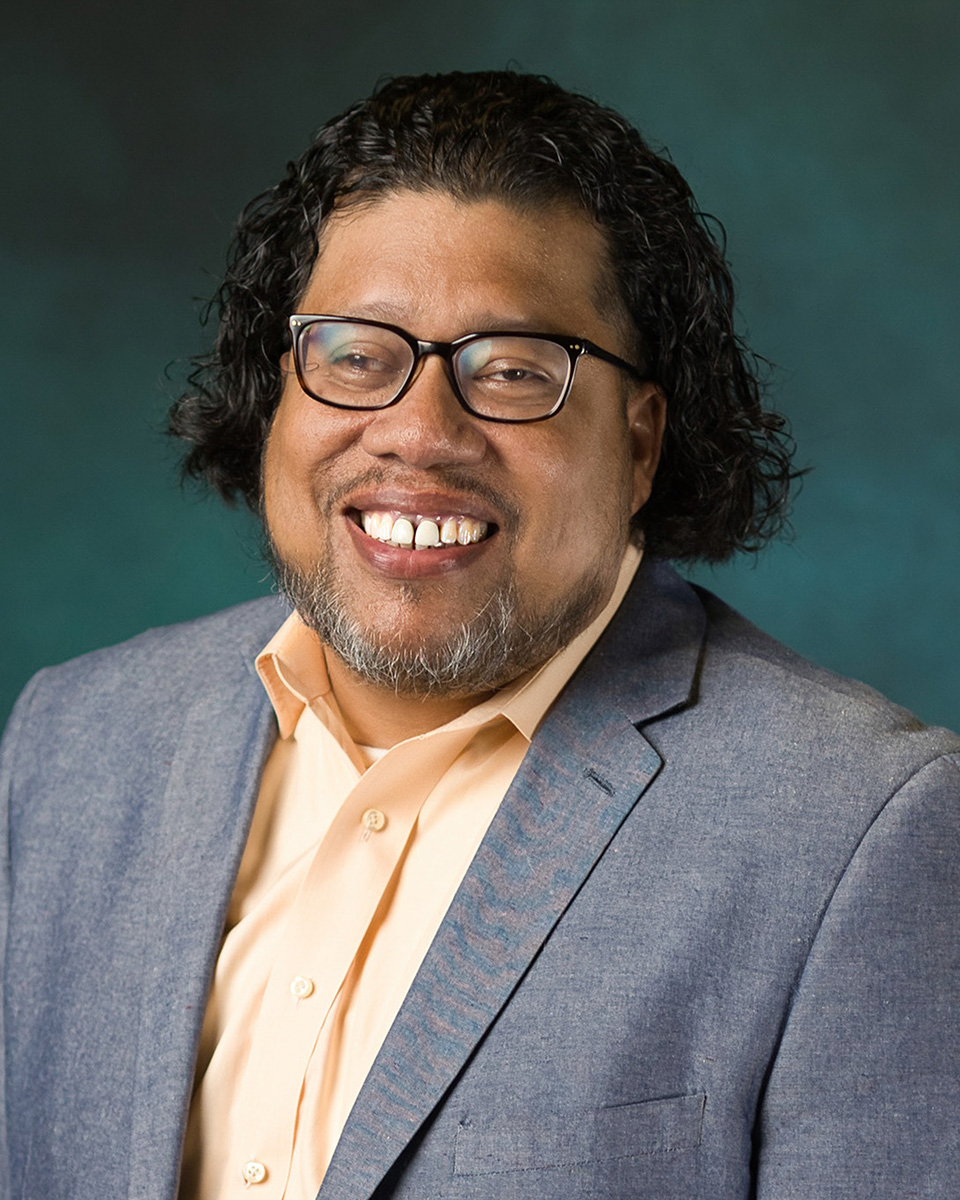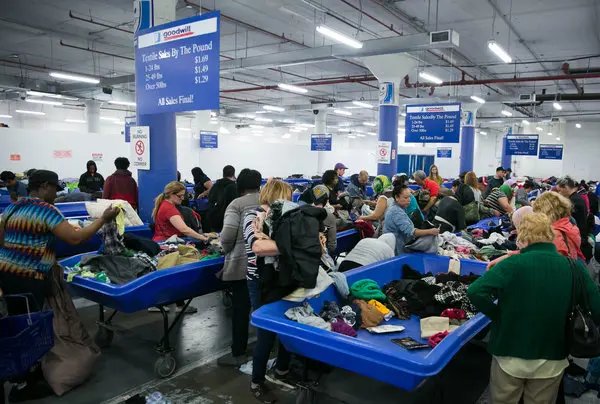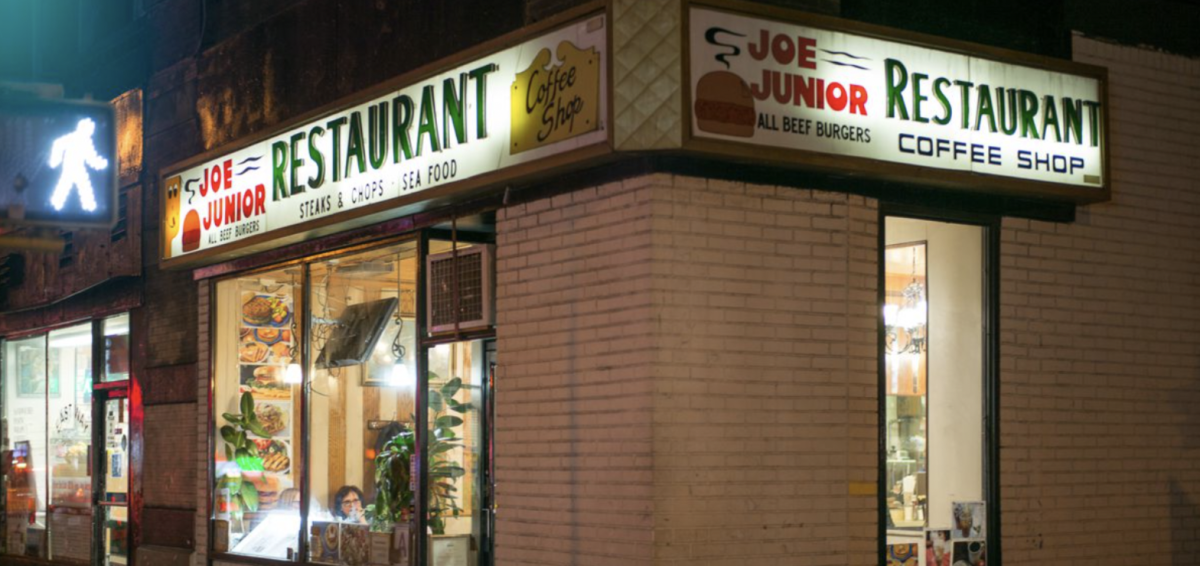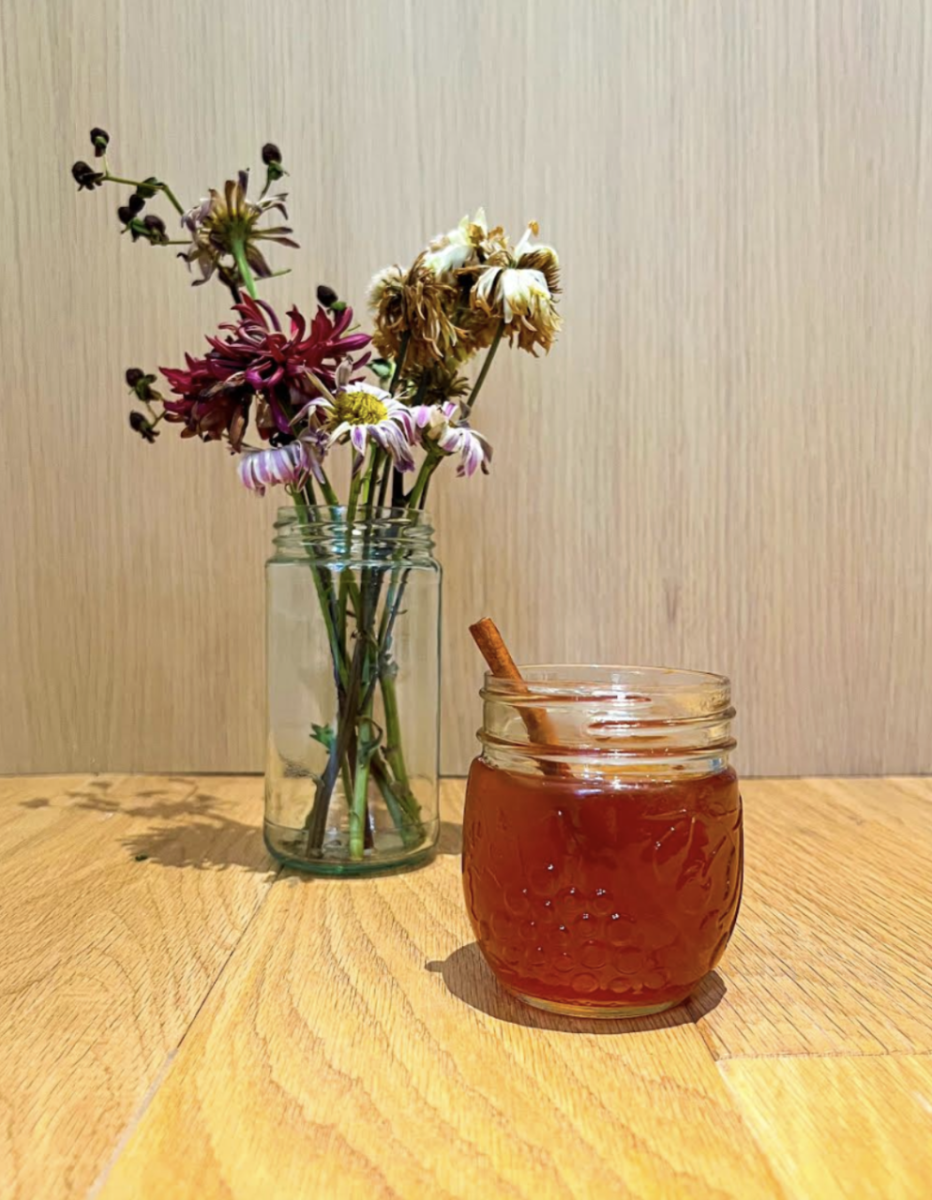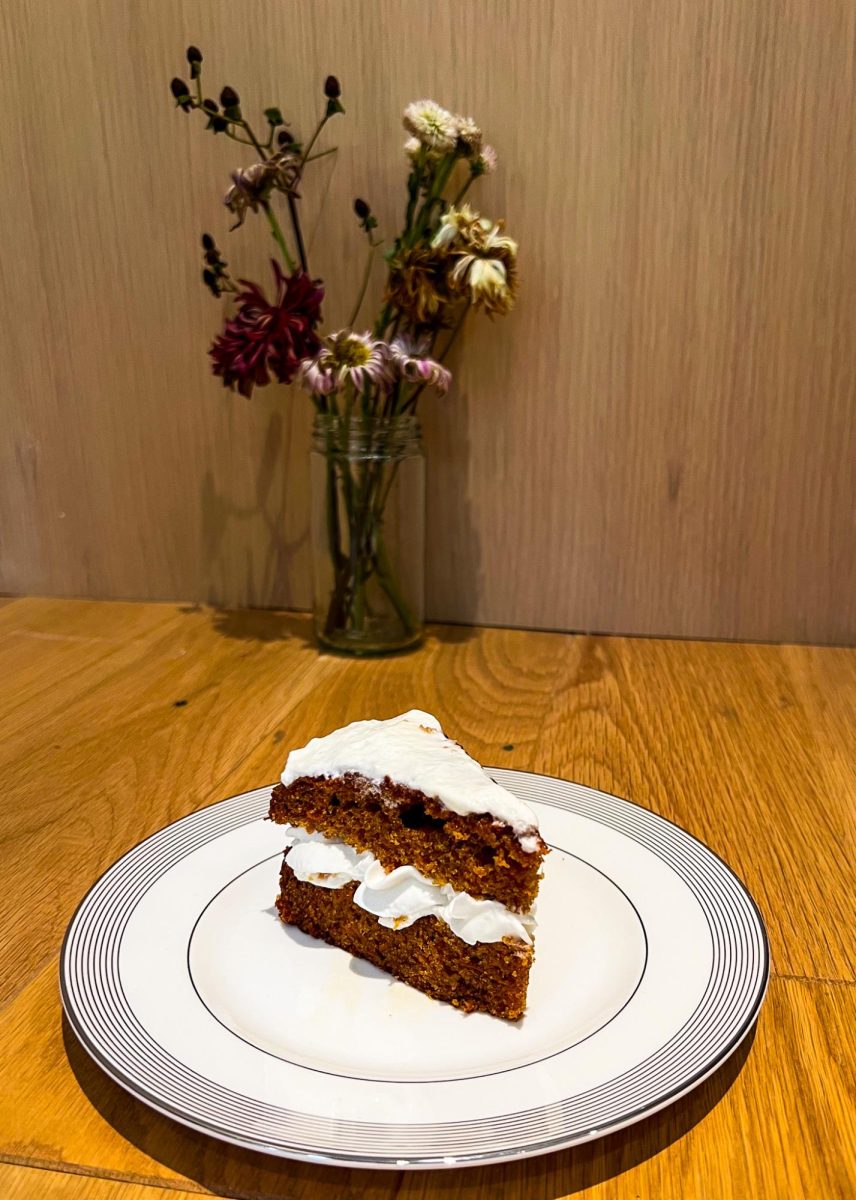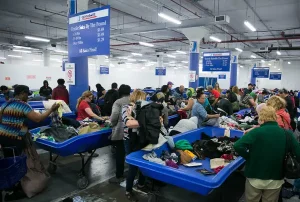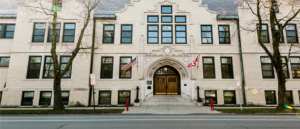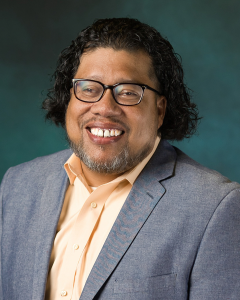How Friends Seminary Honored LGBTQ+ History Month
January 19, 2023
October marked LGBTQ+ History Month, an event less commonly known than Pride Month, but equally important. While Pride Month is celebrated each year in the month of June to commemorate the 1969 Stonewall Uprising, in 1994 a group of education-based organizations in the United States designated October as LGBTQ+ History Month. Friends’ Center for Peace, Equity, and Justice, in collaboration with the Gender Sexuality Alliance and the Upper School’s queer affinity group, planned a series of events to commemorate LGBTQ+ History Month.
To honor National Coming Out Day on October 11, CPEJ and GSA held a poster-making session to highlight queer icons. These posters, which were hung up around the school, were reminders of the significant contributions queer people bring to the larger community. Additionally, during the first club meeting of the year, GSA held a message-writing event for the younger students at Friends. Maya Willoughby ‘25, a leader of GSA, explained that when they were in Middle School, “it would’ve been nice to have some support from Upper Schoolers who had kind of already been through it,” and that these cards could “either encourage people to come out or let people be comfortable with their identities or help them start thinking about their identities.”
GSA also held a pronoun workshop to gather ideas from students and faculty at Friends that could help establish how to navigate pronouns and use respectful language so that every member of the community feels like they belong. The information gathered from the workshop was used to create a presentation for the Upper School, ninth grade class, and Middle School. Vicky Orozco, Friends’ Diversity, Equity, and Belonging Specialist explained how important it is for non-queer people to learn that there is no perfect formula for how to use pronouns except to “ask the person and then believe them when they tell you. And it’s really that simple.”
Willoughby reflected on the importance of including LGBTQ+ History Month in addition to Pride Month in the school’s programming. She explained that while the community should celebrate queer identity, “it’s a time to actually look back and look at what has led up to now.” Orozco agreed, saying that people need to understand that being a part of the queer community “isn’t just this party,” and that “it took a lot to get here.”
Abby Tusk ‘24, a member of GSA explained the importance of including LGBTQ+ programming throughout the entire year, saying “LGBTQ+ History Month shouldn’t just be the one month that we talk about history. LGBTQ+ History should be included in our regular history curriculum.” Tusk expresses the importance of continuing to discuss LGBTQ+ History in order for people to remember all the work it took to get to the place where we are today, and how much work there is still left to do.

